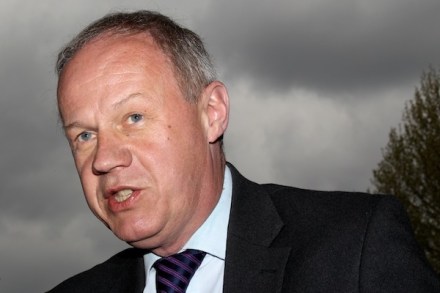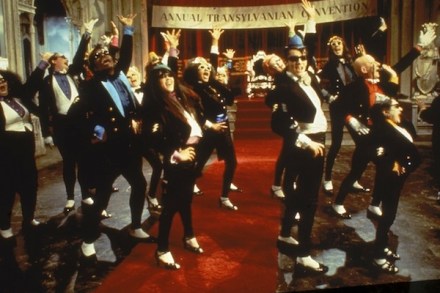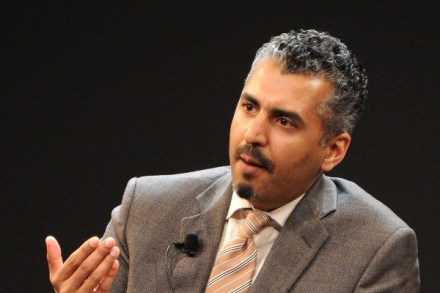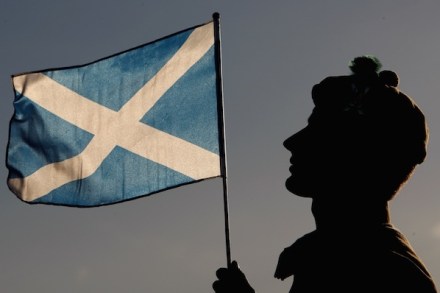What’s in Mark Harper’s immigration in-tray?
As an ambitious young MP rewarded with promotion to Immigration Minister, Mark Harper could be forgiven for viewing the job with mixed emotions. Traditionally one of the most senior ministerial jobs outside Cabinet, it will certainly guarantee him plenty of exposure, but not always for the right reasons. His first and biggest problem is the target the Conservatives have set themselves, to reduce net immigration to under 100,000 a year. The latest figures remain more than double this level, despite a series of controversial reforms, and few observers think the target can be met before the next election. The very idea of ‘net immigration’ doesn’t anyhow seem to capture what

















